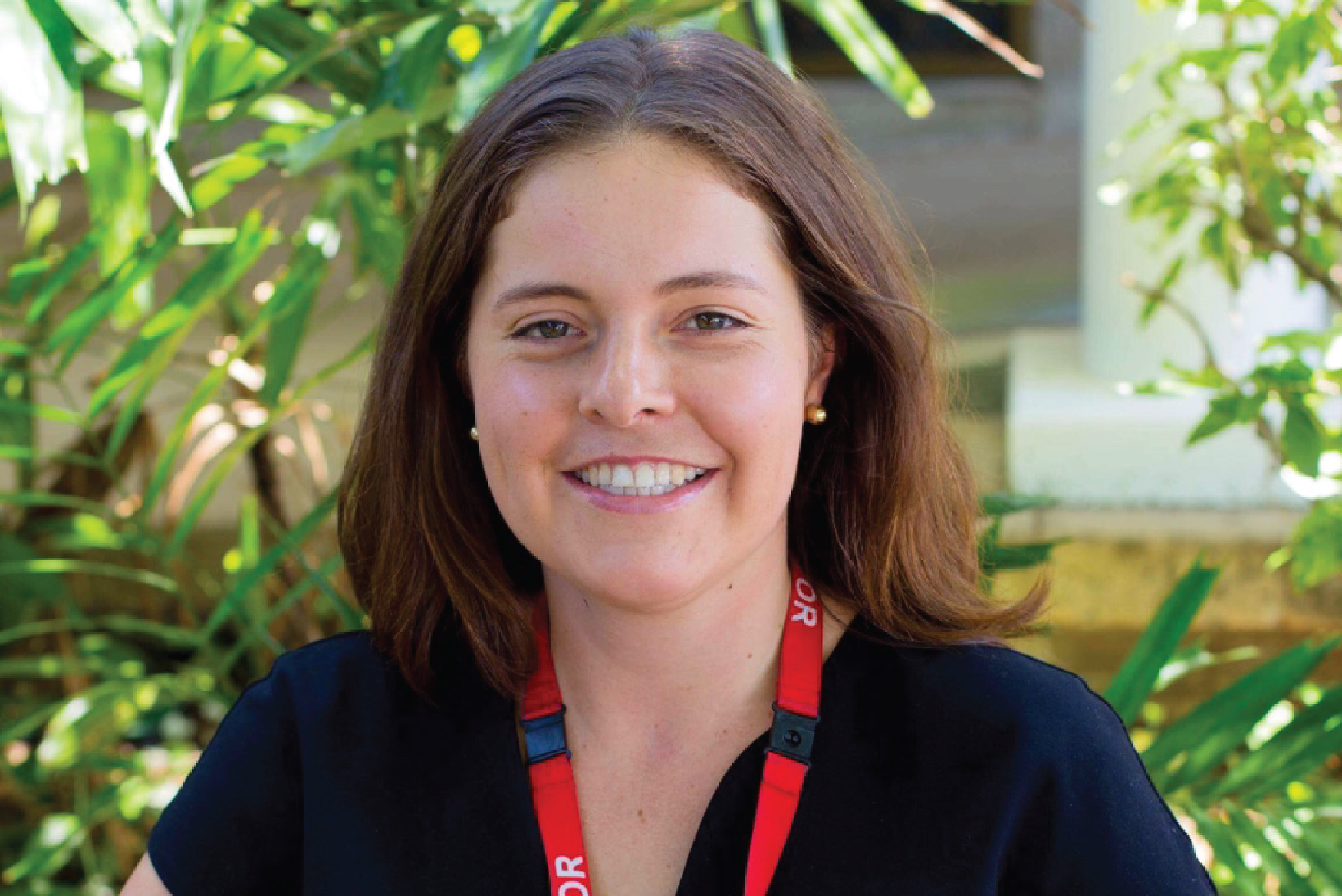
Elzerie de Jager, MBBS, PhD
Disparities in healthcare exist on a national, state, regional, and hospital level. With increased awareness of these disparities, many initiatives have been put in place to improve health equity. However, there is currently no consensus on how to measure disparities in healthcare, and disparity sensitive metrics have not been widely integrated into quality-assessment programs. A lack of disparity metrics makes it challenging to assess the impact of health equity initiatives on improving health equity over time. Now, new research from Elzerie de Jager, MBBS, PhD, in collaboration with leadership at the American College of Surgeons National Surgical Quality Improvement Program, introduces a novel methodology to benchmark hospitals on in-hospital disparities in surgical care.
Utilizing the new methodology, the authors found that after risk adjustment fewer than 1.1% of the 657 hospitals in the study had demonstratable disparities in care. In contrast, prior to risk adjustment within-hospital disparities for socioeconomic status were detected in 25.8-99.8% of hospitals. This difference was likely due to the fact that the risk adjustment accounts for comorbidities which are higher in lower socioeconomic status populations. The results of this work indicate the need to consider other factors in disparity assessment, including risk adjustment methodology and healthcare segregation (differing access to healthcare institutions).
This study was made possible through collaboration and mentoring by an astounding team of prominent senior investigators including leadership at the American College of Surgeons: the statistical manager, Mark Cohen, PhD, the director of quality, Clifford Ko, MD, MS, MSHS, FACS, and the past executive director, David Hoyt, MD, FACS. The leader of the project was L.D. Britt, MD, MPH, FACS, who, among many other accolades, is a past president of the American College of Surgeons. Having recently joined UVM as an Assistant Professor of Medicine, de Jager is eager to continue her health equity work here, collaborating with Erika Ziller, PhD, Director of the Health Services Research Center, and Yvonne Jonk, PhD, from the University of Southern Maine, to examine differences in trauma outcomes for patients residing in ambulance deserts (more than 25 minutes away from an ambulance station). In addition, de Jager has developed a 3-credit graduate health equity course which will be available to students in the fall. She is excited to contribute to the public health program and continue her health equity research at UVM.